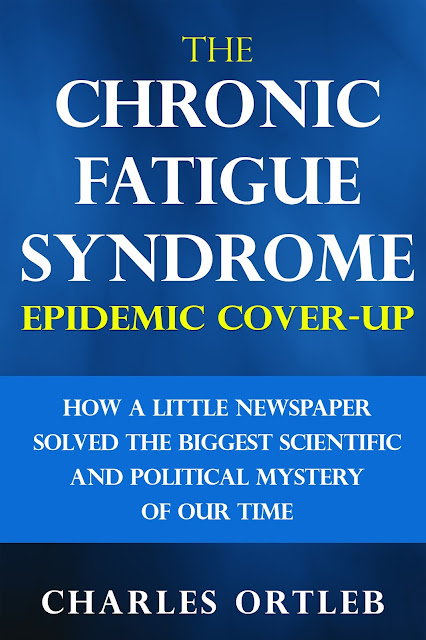From Perplexity: When a disease receives a certain nosology, it is hard to change the narrative when facts start to undermine the nosology.
When a disease is assigned a specific nosology—a formal classification that defines its characteristics, causes, and diagnostic criteria—it becomes difficult to shift the narrative even as new facts begin to undermine that classification. Nosology shapes medical understanding, treatment, and public perception, but it can also rigidify thinking, making the system slow to adapt when anomalies or contradictory evidence arise.
AIDS and Nosological Inertia
AIDS serves as a clear example. In the early 1980s, the CDC established a case definition for AIDS built around specific clinical presentations and immunologic markers, notably severe immunodeficiency and certain opportunistic infections in previously healthy individuals. The narrative quickly crystallized: AIDS was seen almost exclusively as a disease caused by HIV leading to profound immune suppression. Over time, this nosology—a tight linkage between HIV and the defined clinical syndrome—shaped diagnostic algorithms, drug trials, public messaging, and epidemiological reporting.
However, when the advent of antiretroviral therapy drastically changed disease progression, some traditional indicators for AIDS no longer applied with the same predictive value, and new patterns (such as atypical presentations, long-term non-progressors, or phenomena like immune reconstitution syndromes) began to appear. Despite accumulating evidence that the original classification was incomplete or required modification, institutions and practitioners were slow to adjust the core narrative. This resistance to change stemmed from the deep impact of nosology on medical infrastructure, funding, and the public story of HIV/AIDS.
Nosology: A Double-Edged Sword
Nosological definitions bring clarity and focus, allowing for targeted interventions and research.
Yet, once established, these frameworks can become resistant to change, typically requiring overwhelming evidence or political will for revision.
With AIDS, for example, adjustments to surveillance definitions and classifications were incremental, even as real-world disease behavior shifted in the post-HAART era.
Thus, nosology helps organize medical science but can stifle adaptation when evolving facts challenge its boundaries—making it hard to change the "story" around a disease like AIDS, even as evidence accumulates that complexities or exceptions must be confronted.













